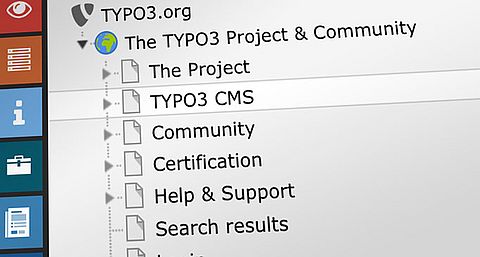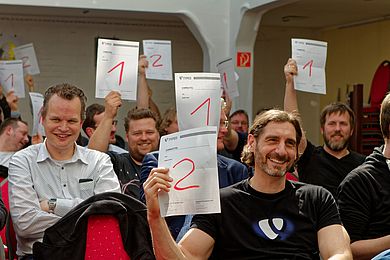Question and follow up questions | Why you’re asking |
Before recording, as part of your introduction Explain your motivations and WHY you’re interviewing them. Develop a rapport to make a personal connection. | Introduce yourself, keep it short and focused on why you’re interested in talking to them. |
Capture consent as soon as recording starts “Will you say your name? And that you consent to being recorded and you consent to the contents of the interview to be used online?” Follow up: If you say something “OFF THE RECORD” or make a correction, just say that. | Say this before you start recording. |
Tell us about yourself | Capture an introduction in their own words. |
| We’re building context and empathy with a real person. |
What’s your current role and where/for which company? | A chance for them to talk about their company’s vision and services. Gives context to the rest of the interview for the reader. … We need to nudge them to say more than “We build websites …” :-) |
If asking about a client’s user or someone else’s experience. | |
What’s a typical work day like for you? | Paint a picture of how they use TYPO3. |
When and how did you discover TYPO3? (Follow up, looking for threads about other technologies, comparisons, etc.) How did you find installing/evaluating TYPO3 CMS? (compared to other tools)
| Discover if they have an interesting origin story. This is useful for newcomers. |
Tell us about your experience using TYPO3 CMS. | Especially if someone is new to TYPO3, capturing their initial impressions is interesting. |
Can you share an example? | |
What is the coolest thing you’ve built or done with TYPO3 CMS? What benefits did it deliver? What change did it cause, create, or enable?
| Give them a chance to show off! (And maybe get material for a case study.) |
What is your favorite thing about TYPO3? | The most common answer to the first part is “the community”, which is why we add another version, queuing an answer about something different. The favorite technical thing might be an opening for a best practices or similar post. |
Do you have anything else you’d like to add? | Always provide an open ended option at the end to allow people to add something that came to mind, but you may have overlooked. |
Are there any upcoming events, good news, or announcements you’d like to share with readers? | Give the interviewee a chance to promote something they are working on now if it's related and interesting to your readers. |






